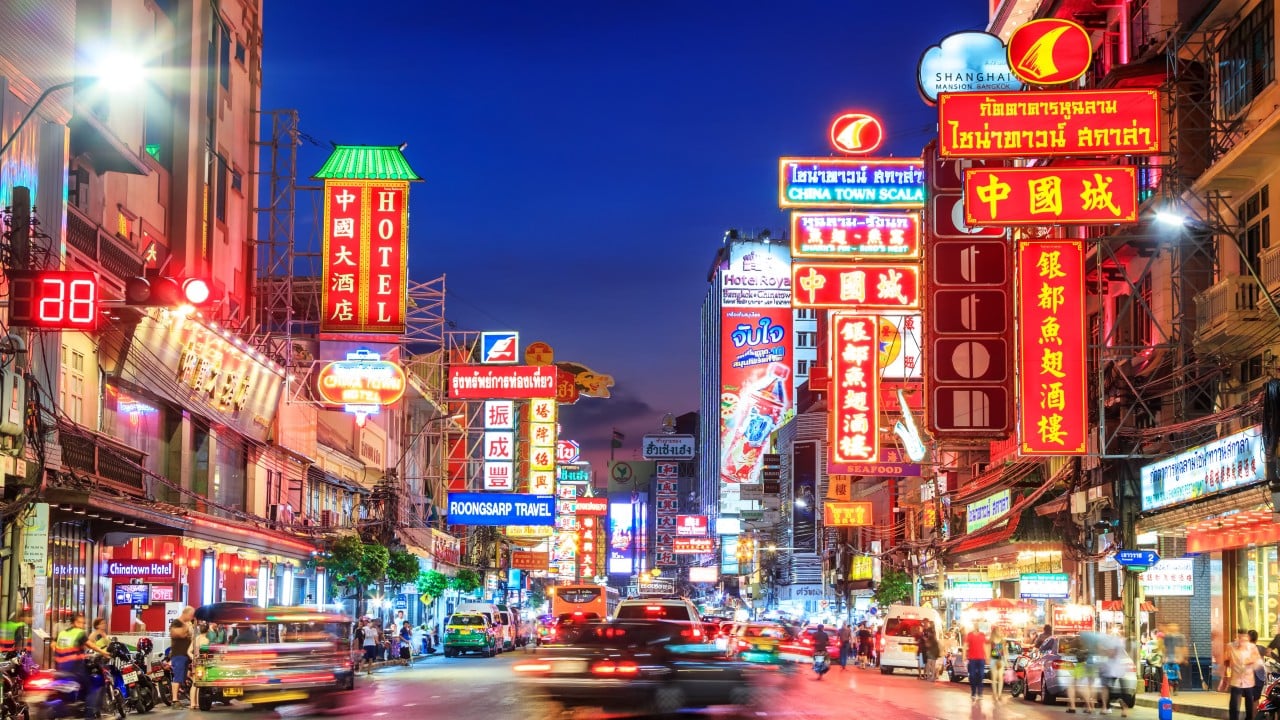Wang Gungwu – one of Asia’s most respected historians and a pioneering scholar of the Chinese diaspora – explores in Roads to Chinese Modernity: Civilisation and National Culture how China evolved into a modern nation navigating reform and globalisation. In this excerpt, Wang traces how, in the late 19th and early 20th centuries, reformers and revolutionaries such as Kang You-wei, Liang Qichao and Sun Yat-sen began rallying support from overseas Chinese communities. Once dismissed as disloyal exiles, these migrants soon came to be seen as both a strategic asset and a political risk in China’s rise.
Advertisement
The overseas Chinese attracted wide attention when political figures like Kang You-wei, Liang Qichao and Sun Yat-sen reached out to engage them about the future of China. Whether the message was to seek reforms or to overthrow the regime, these Chinese were responsive to the calls for help.
Some of those who had recently come from China had anti-Manchu backgrounds, while others were ashamed that it was repeatedly defeated by the West, and alarmed that China was backward and getting poorer. This not only affected their pride but also their status and security abroad, especially those who already felt discriminated against in one way or another. Even though some in the Southeast Asian colonies became rich despite this, they were successful only because they were very adaptable and willing to take many risks. Many others were not so fortunate and ended up destitute.
Under the circumstances, the more successful merchant classes were ready to help their idealistic kinsmen from their birth country to connect the outside world with China and help it become modern and competitive. As a result, more Chinese officials and politicians became aware that these external communities could be assets in China’s future development.
It is interesting to recall that Europeans trading in Southeast Asia had long been conscious of the range and vitality of Chinese entrepreneurship. From the 16th century on, Portuguese, Spanish, Dutch and later British writers had been describing, some in considerable detail, the valuable role of Chinese merchants, their versatility and skill.
Advertisement
Although none of the studies were systematic, these records led to studies of Chinese potential as partners and competitors, as cheap labour, as immigrants, but eventually also as threats to colonial and imperial interests. Later, and elsewhere in the Americas and Australasia, the reactions were different. Chinese labour was considered cheap and crime-ridden, and for decades the numbers allowed to stay were severely cut down.
During the first half of the 20th century, the Republican Chinese government could do little to help them. Thus, in most of these places, the Chinese who remained had almost become “invisible people”.

